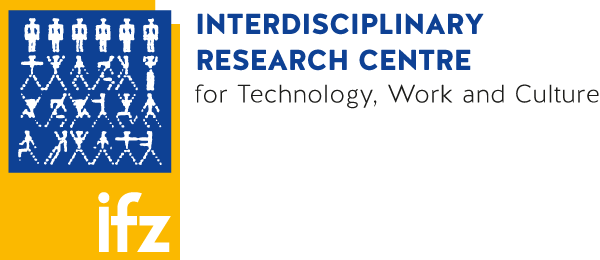Doing ELSA: an empirical study of ELSA research in practice
With the proposed project we aim at investigating empirically the role of ELSA research in the emergence and development of genome research. More specifically, we analyse the ways in which ELSA researchers deal with expectations in their work and how they conceptualise their own part in the research process. Our study will reveal the complex conditions under which ELSA research is carried out and generates its findings and reflect that from a methodological perspective.
BMWF in Zusammenarbeit mit der FFG Forschungsprojekt im Rahmen des Accompanying Research Programme ELSA within the Austrian Genome Research Programme GEN-AU.
2009-2011
- Abteilung Technik- und Wissenschaftsforschung der Fakultät für Interdisziplinäre Forschung und Fortbildung (IFF) der Alpen-Adria-Universität Klagenfurt (Projektleitung)
- Centre for Economic and Social Aspects of Genomics (CESAGen) an der Lancaster University
- Department of Health Services Research at Copenhagen University/Denmark
- Centre for Society and Genomics at the Radboud University in Nijmegen/Netherlands
After more than a decade of ELSA research in Europe, experts in the field now ask how ELSA research feeds into or shapes the agendas of genomics research, professional practices, policy practices and public debate. However, carrying out such engaging research means dealing with human beings who have assumptions about the research process and who react strategically or reflexively towards those who come and ask what genome research is all about. This has major methodological implications for ELSA research. It is therefore our research goal to investigate the ways in which the specific circumstances in which ELSA research is being carried out influences the research process, its findings, and the way the findings are presented. Thus, rather than choosing genome research once more as an object of study, we are shifting the focus of analysis to ELSA research itself.
